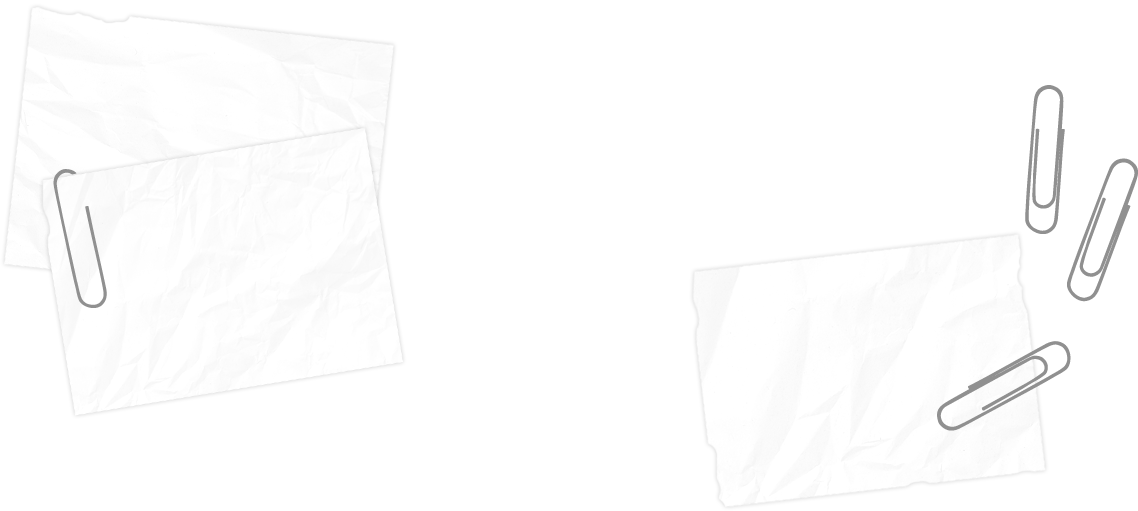
Citizens Leadership
Academy


“There are still a lot unanswered questions that could help us solve problems and cure diseases. I became determined to make a career out of these things because I want to answer these questions."
- Angela Ting
About Lerner
- Home to all laboratory-based, translational, and clinical research at Cleveland Clinic
- Focused on disease-oriented research
- The Genomic Medicine Institute, where Dr. Ting works, opened in 2005.
- Total annual research expenditures exceed $250 million
- Faculty publish 1,300 research articles per year
Source: lerner.ccf.org
Dr. Angela Ting
Cancer Research Scientist at the Cleveland Clinic
by Antonio Ferguson, crew 4
Have you ever heard of Cleveland Clinic? Dr. Angela Ting works at Cleveland Clinic’s Genomic Medicine Institute. Dr. Ting was born in Taipei, Taiwan, near China, and moved to Canada when she was 13. She was exposed to the sciences after she moved to Canada. “I had a great biology teacher that was very patient. We took field trips, we learned from actually doing things, touching things, instead of just reading about them in textbooks,” said Dr. Ting, 35. She decided to devote her career to studying the cause of cancer.
As a student she took classes in genetics, biology and biochemistry where she realized that there were still a lot of unanswered questions that could help solve problems and cure diseases. Through the different courses and reading, she decided that she wanted to devote her career to studying the cause of cancer. Ting defines genes as “building blocks of life, what your parents pass down to you, that contain information your cells need to build you.” The question she wants to answer is “What controls gene expression in cells with diseases compared to normal healthy cells?”
Additional to teaching classes at Case Western Reserve University and conducting research at the Cleveland Clinic, Dr. Ting writes grants to get money for her lab. Grant writing can be challenging, especially because the economy is not as robust as it used to be, so that affects government funding. In order her to answer her question about cancer cells, Ting applies grants and hopes that “they will find the question to be interesting, relevant, important and worth studying so they will provide funding,” she explained. When she wanted to expand her lab, Dr. Ting wrote 30 grants and was rejected 29 times. Her 30th grant was selected for funding and she was able to expand her lab. “Grant writing can sometimes be frustrating and sometimes enjoyable,” she described. Even when it was challenging, Dr. Ting never gave up on the project that she felt passionate about.
After years of doing lab work and research, Dr. Ting works with students and post-doctoral fellows whom she teaches in her lab at Cleveland Clinic. They are working on a way to cure cancer by studying epigenetics. Cells use epigenetics to turn on and off a certain set of genes. Her lab has had many contributions to the understanding of cancer. They have developed technology to allow people to look for one specific epigenetic modification in a very convenient and cost-effective way. “My work is at the beginning of the long path, and hopefully 10 to 20 years from now, these observation will hopefully lead to new treatment for prostate or colon cancer,” described Dr. Ting, loves everything about her job. “I love what I do and I want to continue doing it,” she excitingly explained.
She had many obstacles throughout her life that she has had to persevere through. As a young child growing up in Taiwan, she spoke Mandarin Chinese. After moving to Canada she had to learn how to speak English. “It was also unique experience moving to a country that spoke a language that was completely foreign to me,” Dr. Ting described. Though this was very challenging time, she persevered, even when she had to carry her dictionary with her everywhere she went. Through her hard work and motivation, she eventually learned to speak English fluently.
Dr. Ting has given advice to herself and others, such as to try new things. When Ting was younger, she was very shy. As a scientist she has to give presentations about her work all the time, so she has had to overcome her shyness in order to be able to present to complete strangers. Becoming a scientist has changed her life, and now she is working to change the field of cancer research.
